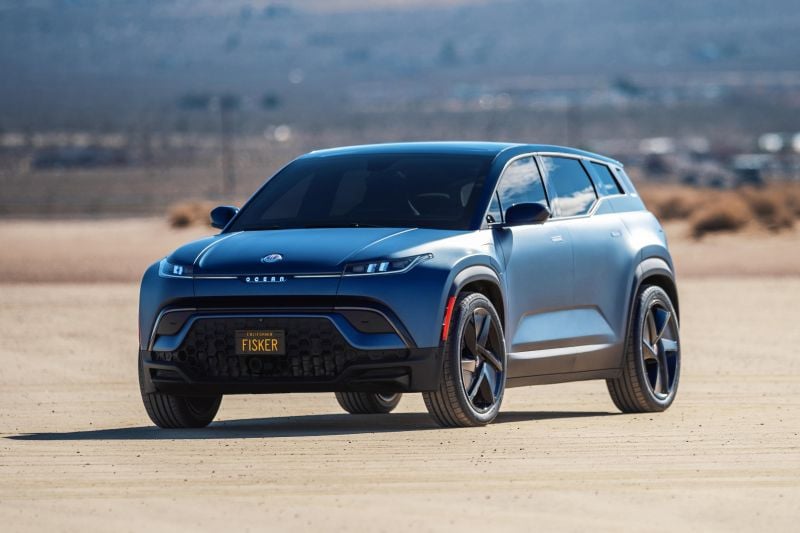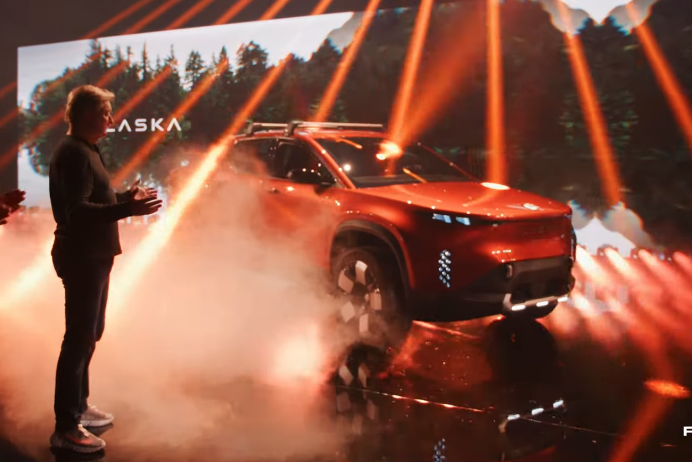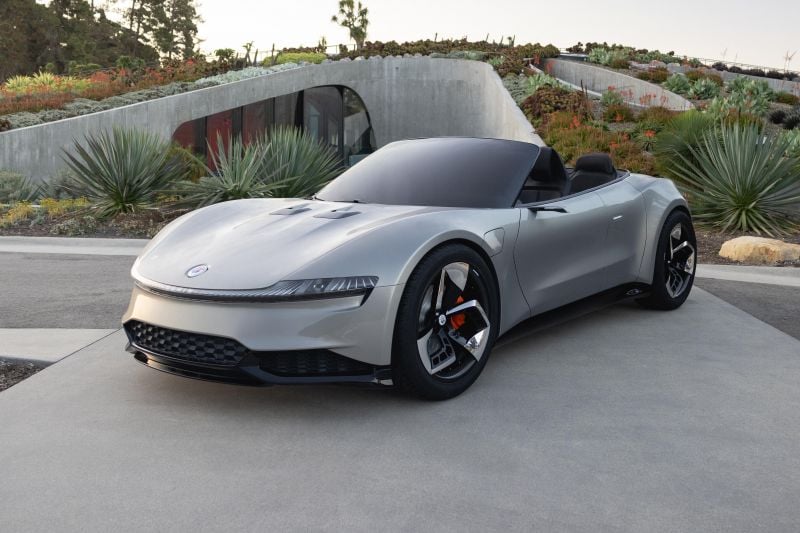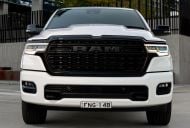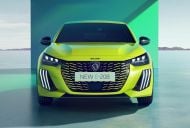It’s over before it even began, with discussions between Fisker and a “large automaker” – believed to be Nissan – collapsing overnight.
At the beginning of trade on Monday in the US, Fisker told the financial markets its talks with the unnamed automaker were over, sending the stock down over 30 per cent, from 12.12 US cents to 8.97 US cents, at the time of writing.
With talks now over, Fisker said it’s considering both in- and out-of-court restructuring, and tapping into the capital market. The latter option may be difficult given the financial sector has gone cold on funding startup electric vehicle (EV) makers.
A high-level source at Nissan told Automotive News some management figures at the Yokohama-based automaker had reservations about a partnership with Fisker.
In the end, Nissan reportedly determined that it wasn’t in a position to provide the cash Fisker so desperately needs as it was, itself, working through its own recovery plan, which was revealed yesterday.
At the end of February Fisker warned there was “substantial doubt about Fisker’s ability to continue as a going concern” in its annual report.
Because “current resources are insufficient to satisfy its [cash] requirements over the next 12 months” the American automaker flagged that it will need to raise more debt or find an outside investor, but warned “there can be no assurance that Fisker will be successful in these efforts”.
According to a report from Reuters at the start of March, a deal between Nissan and Fisker was close to fruition, and would see the Japanese automaker invest US$400 million ($610 million) in Fisker.
As a result, the Fisker Alaska electric ute would be produced in one of Nissan’s North American factories from 2026, with Nissan developing its own ute based on the Alaska. Both the Fisker and Nissan utes would then, presumably, qualify for some or all of the US$7500 ($11,500) federal EV tax credit.
The end of talks with Nissan takes a large cash infusion and production security for a future model off the table, and is just the latest in a series of setbacks for the startup automaker.
Today, Fisker also announced it won’t be able to raise US$150 million ($229 million) by selling convertible bond notes because, in the middle of March, it missed an interest payment for an earlier loan.
The carmaker said it missed the payment even though it had enough cash on hand, as it wanted to use that loan’s 30-day grace period to renegotiate its capital structure.
Earlier this year the company shifted from a direct sales model to one that embraces dealers in a bid to save cash and grow its retail footprint.
On the product side, in March the company paused production of its Ocean crossover – which is made in Austria by contract manufacturer Magna Steyr – in order to save cash and “align inventory levels” by selling already produced, but as-yet unspoken for, vehicles.
Despite its attractive looks, the Fisker Ocean has struggled to find buyers. Reviews haven’t been great with prominent YouTube personality Marques Brownlee (better known as MKBHD) calling out the car’s many software and design flaws, while Consumer Reports described the Ocean as “unfinished” with a “bizarre delivery experience [and] disappearing safety features”.
At the end of February, Fisker estimated it would sell between 20,000 and 22,000 Oceans in 2024.





